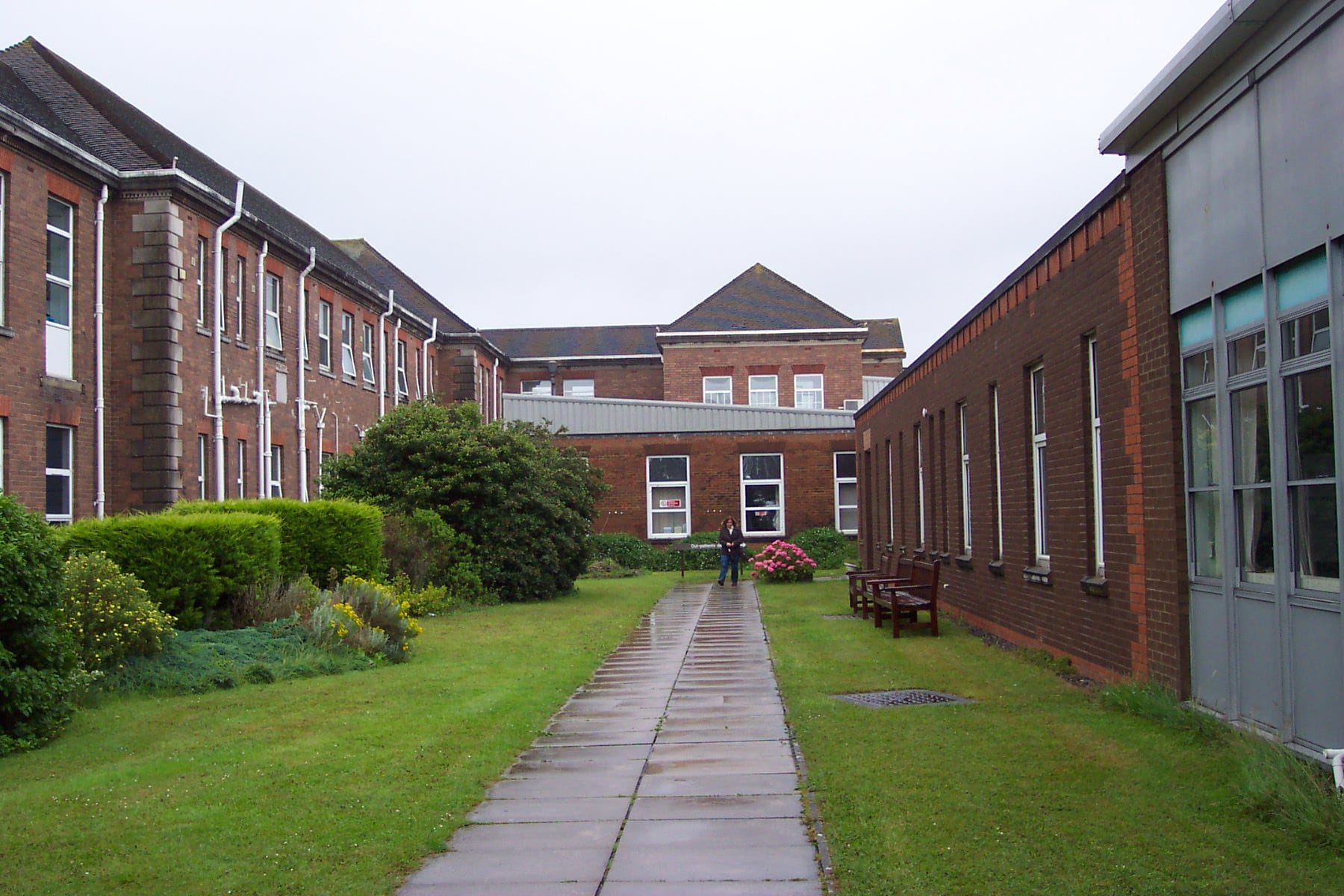Anthony Papagiannis
Thessaloniki, Greece

It was nine o’clock on a Monday morning and this was my last outpatient clinic. By the end of the week I would be finishing my hospital duties and return home after several years of training in Britain. The first patient that day was a very pleasant seventy-five-year old man who walked in unaccompanied. He looked fit and well. I had not met him before. According to the medical record in front of me, he had been admitted six weeks earlier for an episode of pneumonia that had promptly responded to treatment; this was his scheduled follow-up visit. All had gone well, and it was a matter of a few minutes to listen to his lungs and check his chest film to confirm that things were normal again and there was no need for him to come back. He took the news with equanimity, thanked me, got up from his chair, and then, as he was about to go, he said with a glint in his eye, as if he were sharing a secret: “You know, doctor, normally I should not have been here today.”
Putting together his age and the fact that it was June 6, 1994, the much-publicized fiftieth anniversary of D-Day, I risked a guess. “Would you have gone to Normandy for the celebrations?” The glint broadened into a smile, faintly proud and not a little nostalgic. “Correct,” he said. “Omaha Beach. My army mates are all there—those who made it to this day, that is. I would have liked very much to go, but I had this appointment here which I could not miss!”
I asked him to sit down again, and we exchanged a few words about the war, comparing my book-and-television knowledge with his real-life, blood-and-gunfire experience. I suggested he could have easily altered his appointment with a simple telephone call, so as not to miss the great occasion that obviously meant so much for him. “No,” he said emphatically, “the hospital is a busy place. There are so many people waiting to be seen that it would be improper to ask for special treatment.” He stood up, his back straight as a ramrod, and almost saluted before he left the consulting room, a healthy man again.
More than twenty years have passed since the event, and the old soldier has in all probability been permanently “demobilized” from this world. Yet his memory still lingers with me to this day. Even though World War II veterans are now practically gone, there still remain many unsung heroes from all battlefields of life who sit silently for hours in the waiting areas of hospital departments, ready to sacrifice for our convenience their time and even their most precious memories. Being there, listening to them, and caring for them is our professional debt to the brief chapter of history each of them represents.
ANTHONY PAPAGIANNIS, MD, MRCP (UK) DipPallMed, FCCP, is a practicing pulmonologist in Thessaloniki, Greece. He graduated from the Aristotle University of Thessaloniki Medical School. He trained in Internal Medicine in Greece and subsequently in the United Kingdom, and specialized in Pulmonary Medicine. He also holds a postgraduate Diploma in Palliative Medicine from the University of Cardiff, Wales, United Kingdom. He is a postgraduate instructor in palliative medicine in the University of Thessaly, Larissa, Greece. He also edits the journal of the Thessaloniki Medical Association, and blogs regularly.
